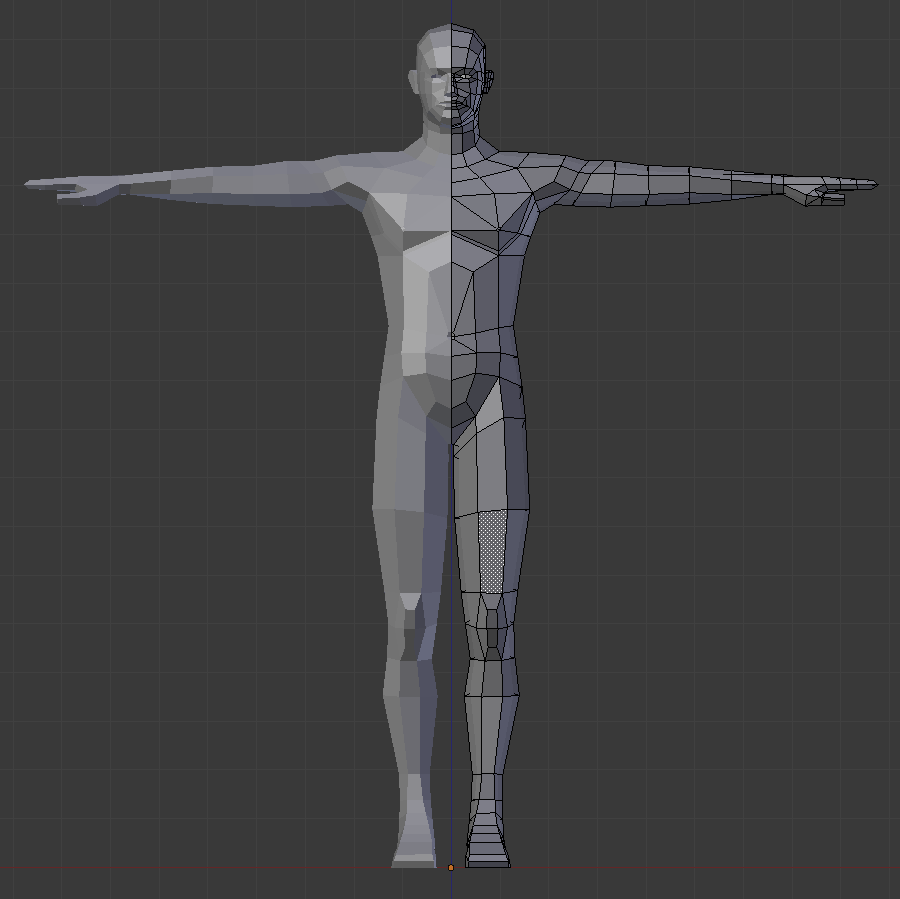

content_length = header.get( 'content-length', None)

To restrict download by file size, we can get the filesize from the Content-Length header and then do suitable comparisons. Return False return True print is_downloadable( '') Return False if 'html' in content_type.lower(): H = requests.head(url, allow_redirects= True)Ĭontent_type = header.get( 'content-type') import requestsĭoes the url contain a downloadable resource This allows us to skip downloading files which weren't meant to be downloaded. That way involved just fetching the headers of a url before actually downloading it. I looked into the requests documentation and found a better way to do it. So if the file is large, this will do nothing but waste bandwidth. It works but is not the optimum way to do so as it involves downloading the file for checking the header. Headers usually contain a Content-Type parameter which tells us about the type of data the url is linking to.Ī naive way to do it will be - r = requests.get(url, allow_redirects= True) To solve this, what I did was inspecting the headers of the URL. When the URL linked to a webpage rather than a binary, I had to not download that file and just keep the link as is. This was one of the problems I faced in the Import module of Open Event where I had to download media from certain links. If you said that a HTML page will be downloaded, you are spot on. What do you think will happen if the above code is used to download it ? Now let's take another example where url is. The above code will download the media at and save it as google.ico.

Open( 'google.ico', 'wb').write(r.content) R = requests.get(url, allow_redirects= True) Let's start with baby steps on how to download a file using requests - import requests I will write about methods to correctly download binaries from URLs and set their filenames. I will be using the god-send library requests for it. # obtain filename by splitting url and gettingįor chunk in r.This post is about how to efficiently/correctly download files from URLs using Python. '''iterate through all links in video_links Video_links = for link in links if link.endswith('mp4')] Soup = BeautifulSoup(r.content,'html5lib') I have come up with some codes trying to download the mp4 files first, then I will fugure out how to download the files with specific time stamps, but I seemed to get stuck in the first step of just downloading mp4 files. 11:00 to 02:19) -> find the links corresponding to those time stamps within the range -> download the. I am trying to get some codes to be able to: enter the time frame (e.g.


 0 kommentar(er)
0 kommentar(er)
